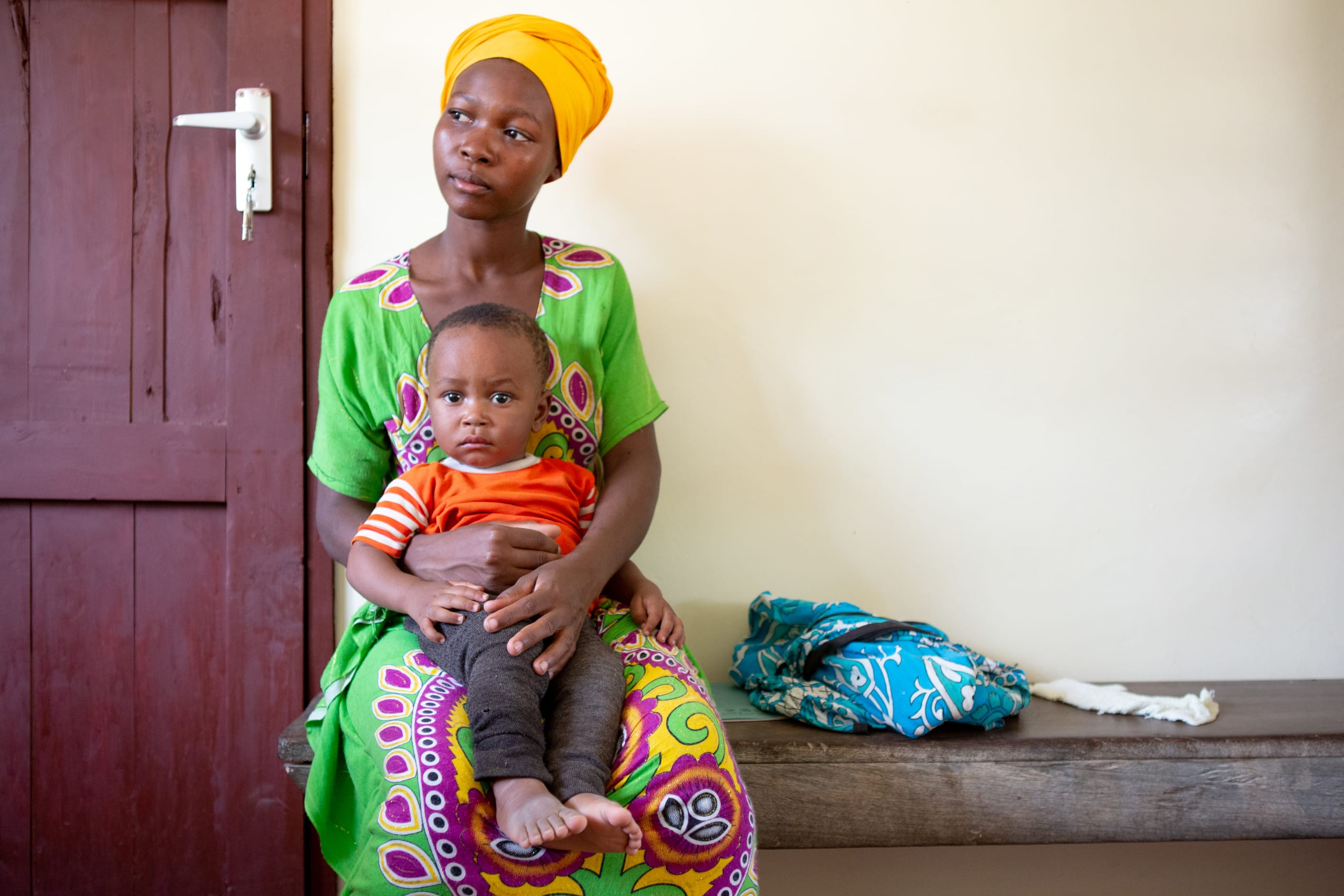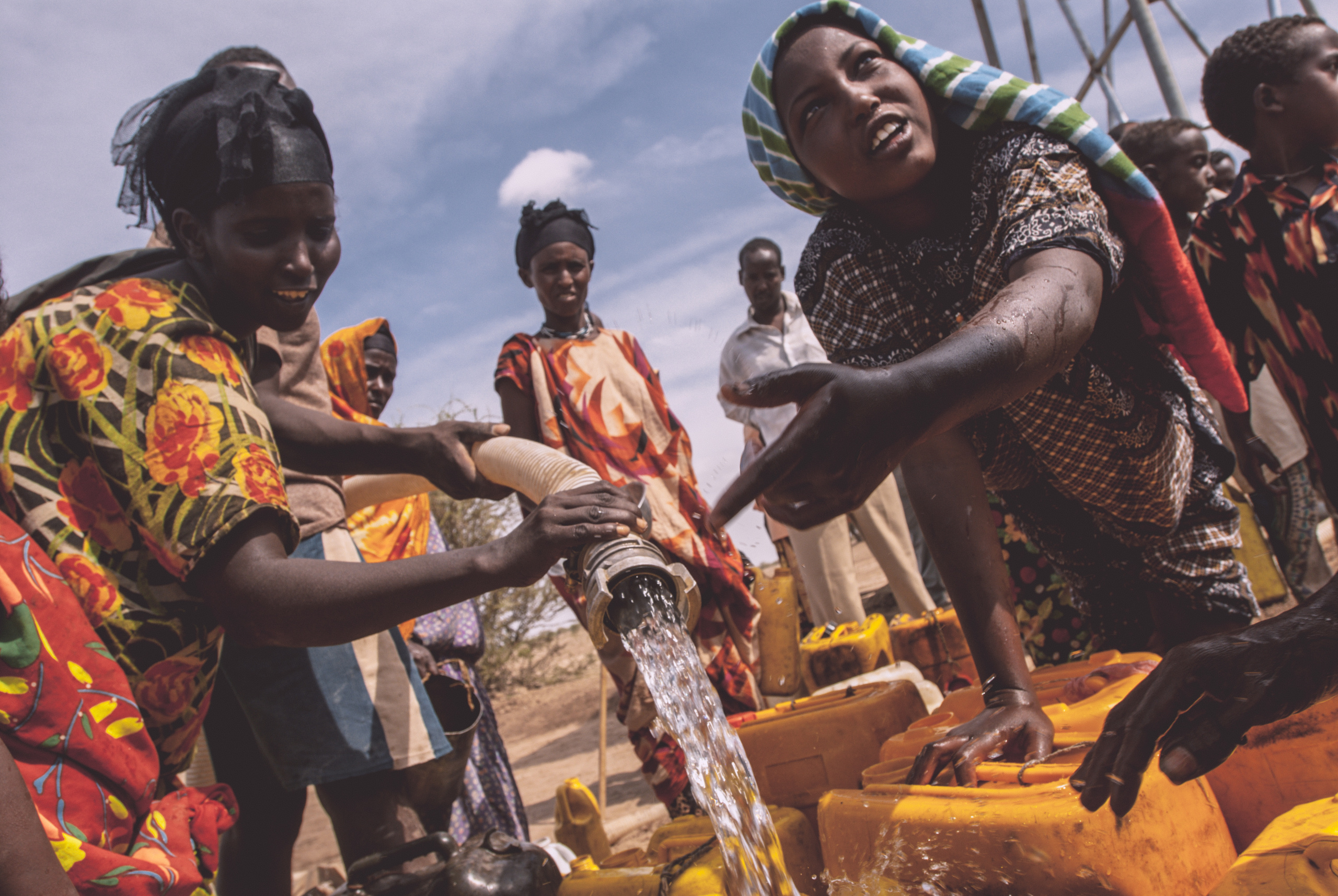Q&A with PAI Partner Pakachere on Global Gag Rule Impacts

PAI is fortunate to partner with the Pakachere Institute of Health and Development Communication, a leading health nongovernmental organization in Malawi that delivers health information and services to marginalized communities. Pakachere also works with the U.S. government (USG) for its service delivery work. During the Trump administration, the organization chose to comply with the Global Gag Rule (GGR) to continue implementing USG-funded programs. To understand how the vastly expanded Trump GGR affected Pakachere and what the GGR’s permanent repeal would mean for its work, PAI spoke with the organization’s executive director, Simon Sikwese:
1. Pakachere tackles serious health, social and development challenges in Malawi, not just sexual and reproductive health and rights (SRHR) but also HIV/AIDS, gender-based violence, water, sanitation and hygiene, noncommunicable diseases, among others. How were these diverse projects impacted by the GGR?
Some of our projects had to close. We lost non-USG donors who were funding other SRHR projects outside family planning. Additionally, four Pakachere staff members lost their jobs because, to comply with the GGR, we had to stop receiving funding for a project that promoted integrated SRHR services, including safe abortion care. In that project, we had identified children living with HIV/AIDS who required support and we provided them with transport so they could get their HIV/AIDS treatment at health facilities that were otherwise too costly to access on their own. All of this had to stop because the donor could no longer work with us.
2. In addition to project and staff-level impacts of the GGR, how else did the policy affect Pakachere’s activities?
As a local organization, we were sort of held to ransom. Pro-choice donors forced us to choose between working with them or continuing with USG funding. On the other hand, the U.S. Agency for International Development (USAID) enforced a requirement in its contract for us to commit to not work with any donor that was noncompliant with the GGR as well as to not be involved in any abortion-related work or advocacy. Considering that USAID is our major donor, we had to comply and give up our relationships with other donors as well as local partners that were against the gag rule. That meant that we could not provide comprehensive SRHR services because we were limited by our main donor due to the policy’s restrictions.
Additionally, I was previously the vice chairperson for the Coalition for Prevention of Unsafe Abortion in Malawi. Pakachere was involved in that work to review the country’s abortion-related laws. I had to withdraw from my role in order to comply with the GGR — or risk losing funding. Other organizations and individuals also left the coalition because of the policy. This crippled the momentum our work had. At the moment, the amended bill has not been presented in Parliament and it keeps being withdrawn from presentation for debate.
3. Given your experience with the expanded GGR and the choices it forced you to make, have there been changes now that the Biden administration repealed the policy?
We are still working with the USG because it is our main donor. We appreciate the support being provided to Malawian people and the capacity USAID has built and continues building among local organizations. Meeting the needs of the large population that we serve is critical to ending HIV/AIDS, and in order for the USG to support that work, we had to comply with the GGR.
The situation now has changed with the new administration because we are no longer restricted in terms of who we can work with. However, there are still other USG restrictions when it comes to the provision of family planning and other sexual and reproductive health services such as safe abortion services. Evidence shows that over half of pregnancies in Malawi are unintended and almost one in every six pregnancies ends in abortion. Malawi spends a lot of money on post-abortion care services, as 60% of induced abortions result in complications that require treatment.
4. What would it mean for Pakachere and other global health work in Malawi if the GGR were permanently repealed?
It would mean a lot if the GGR went away permanently. This coming and going is not good for planning because you cannot be sure of long-term relationships with a donor who in the next four years may no longer be able to fund our work if another U.S. presidential administration were to reinstate the GGR. Continuity of health interventions is affected, and beneficiaries suffer more while not understanding why this is happening. In the worst-case scenario, I wouldn’t mind if restrictions only impacted USG money but not other donor funding. Working with non-USG donors on whatever SRHR intervention must be left under the discretion of those organizations because we also have strategic plans to fulfill, which can’t be done with only one donor.



